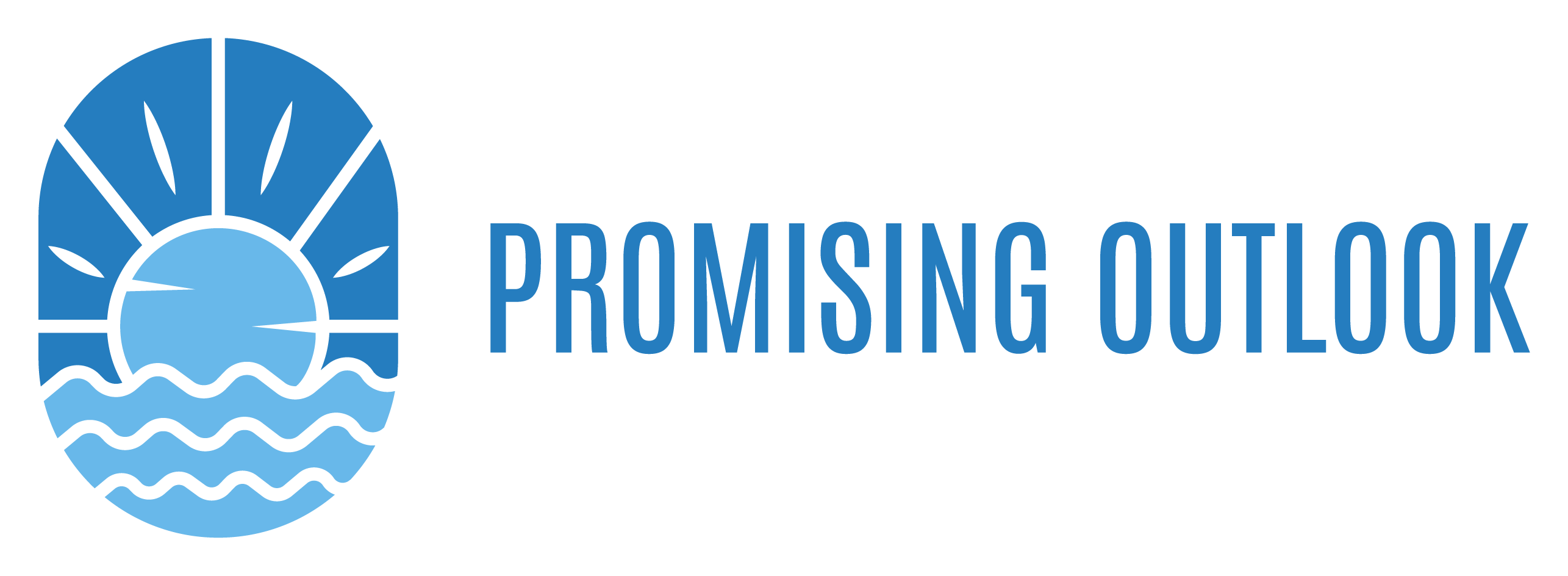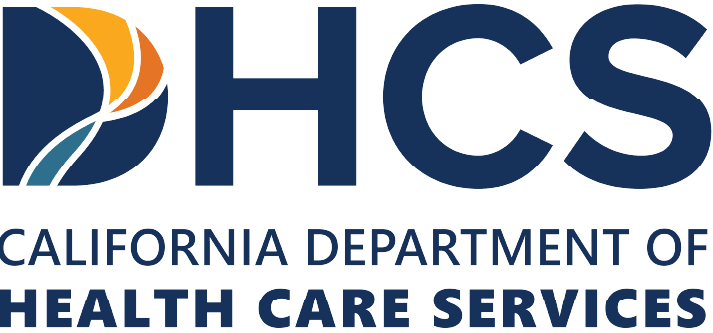Behavioral Issues
Treatable condition
Behavioral issues
Problem behaviors are those that aren’t considered typically acceptable. Nearly everyone can have a moment of disruptive behavior or an error in judgment. However, problem behavior is a consistent pattern.
Problem behaviors can vary in terms of severity. They can occur in children as well as in adults. People with problem behaviors often require medical intervention to improve their symptoms.
Promising Outlook utilizes a personalized multi-pronged approach to behavioral issues treatment called an intensive outpatient program to provide direct support to adults.

TREATABLE CONDITIONS
Types of behavioral issues
1. Conduct disorder
Conduct disorder occurs when you struggle with antisocial behaviors, following rules, and showing empathy towards those around you. Signs of this disorder usually appear around the age of 16 and include:
- Starting physical altercations
- Engaging in bullying or threatening your peers
- Stealing
- Destroying or breaking into private property
Other indicators of conduct disorder are lack of remorse, concern, empathy, or any emotional response for your actions.
2. Oppositional defiant disorder (ODD)
Children naturally act out in defiance and throw tantrums. When that behavior translates into adulthood, it’s called oppositional defiant disorder. ODD begins in childhood with behaviors like frequent questioning of authority, excessive arguing, refusing to comply, and intentionally engaging in behaviors that upset others.
If not diagnosed and treated at a young age, ODD can present itself in your later life as feeling angry at the world, feeling misunderstood, disliking authority figures, especially at work, becoming defensive when presented with opposition or feedback, and blaming others for your actions.
3. Attention deficit hyperactivity disorder (ADHD)
ADHD is likely one of the most common behavior issues for children, adolescents, and adults. It’s signs and symptoms include:
- Impulsivity
- Inability to pay attention
- Lack of time management skills
- Mood swings
- Low frustration threshold and trouble coping with stress
These symptoms can lead to complications like financial instability, unemployment, frequent trouble with law enforcement, substance abuse or misuse, and unstable relationships.
4. Obsessive-compulsive disorder (OCD)
If you have OCD, you likely feel you’re drowning in a constant state of worry. OCD is characterized by thoughts, actions, and impulses that are chronic, uncontrollable, and intrusive. You might engage in behaviors like constant washing and cleaning, repeating phrases or prayers, following strict routines, or repetitively counting and checking.
For example, you may have a significant fear of or be worried about germs. This might cause you to wash your hands compulsively to get rid of any potential germs even if your hands become chapped, raw, and blistered.
Other obsessions can include:
- Severe doubt and uncertainty
- The need to have things orderly or symmetrical
- Ideation about losing control or harming yourself or others
- Unwanted aggressive or sexual thoughts
OCD is an overwhelming condition that invades and disrupts your life making it difficult to function normally. OCD can lead to other complications like bipolar disorder, depression, and anxiety.
5. Behavioral addiction
Addiction is not limited to substance abuse. Addiction occurs when your brain associates pleasure and activates its reward mechanism when engaging in an activity. There are many behaviors that you can become addicted to including:
- Gambling
- Sex
- Internet
- Shopping
- Video games
- Plastic surgery
- Binge eating
- Risky behavior
If you’re addicted to one or more of these behaviors, you might neglect family and work responsibilities, use the behavior as a way to cope with emotions, deny or hide your problem, and continue the behavior despite wanting to stop or cut back. All of these behavioral addictions can lead to problems with your finances and relationships, and threaten your safety and overall health.
When to seek treatment for behavioral issues.
Problem behavior can be a medical emergency when the behavior includes the following:
- contemplating suicide
- hallucinations or hearing voices
- harming oneself or others
- threats of violence
Make an appointment if you or a loved one experience the following symptoms:
- behavior that affects the ability to function in relationships with others, in the workplace, or at school
- criminal behavior
- cruelty to animals
- engaging in intimidating, bullying, or impulsive behaviors
- excessive feelings of isolation
- low interest in school or work
- social withdrawal
People with problem behavior may feel different from others, like they don’t fit in. Some may have emotions they don’t understand or can’t identify. This can lead to frustration and more problem behavior.
Although behavioral disorders and addictions may seem all-consuming, please know that treatment is possible. There are several available treatments so it’s best to find the right option for your needs and preferences, especially since people with behavioral issues sometimes have a co-occurring mental illness or substance use disorder.
One effective way to cope with a behavioral issue is intensive outpatient therapy. During therapy, a mental health professional will help you to feel safe and supported, while exploring healthy ways to cope with negative emotions. Cognitive behavioral therapy (CBT), in particular, is considered to be an effective treatment for behavioral disorders and addictions because it helps a person to challenge and change their thoughts and beliefs.
Behavioral issues can be treatable through an intensive outpatient program (IOP).
Learn about the Intensive Outpatient Program.
Promising Outlook’s online “recover-from-home” Intensive Outpatient Program helps empower adults 18+ in understanding and successfully overcoming their mental health struggles with the unique strength of an unparalleled, multi-pronged approach to mental health care.
Our experienced clinicians are equipped to handle a wide variety of conditions. Have a question? Give us a call at 866.980.2869. It’s confidential and free. We care, and are here to help you on your recovery journey.
- Fully Personalized Treatment Plans
- No Waitlists
- Get Support in Minutes
- 9-12 Week Program, All Online
- Experienced Certified Clinicians
- Cutting Edge Treatments (EMDR, CBT, DBT and more)
- Free To You* (Employer Insurance Often Fully Covers All Costs)
- Includes 1 on 1 Sessions and Support Groups Proven to Assist Recovery

Our experienced clinicians specialize in treating Anxiety Disorders, Dissociative Disorders, Self-Harm, Trauma, Behavioral Issues, Gender Identity & Dysphoria, Substance Use & Mental Health, Tech and Online Addiction, Mood Disorders, Depression and more.
How IOP works
Start your recovery today.
You can do this.
Promising Outlook’s Intensive Outpatient Program (IOP) is curated for those in need of more support than once-weekly therapy.
We offer uniquely personalized comprehensive care solution that includes multiple weekly sessions of supported groups, family therapy, and individual therapy for 9 to 12 weeks. Clients engage in intensive care around 10 hours a week in various support capacities.
Get in Touch
The first, and hardest step, is just picking up the phone right now or filling out an instant form to our admissions team.
No waitlists. Get support in minutes.
Call 866.980.2869
1
Share Your Story
Next you'll meet with our clinical team and share about your mental health history and your unique story.
Our team will also handle your insurance agency, helping with all the paperwork. Employer insurance frequently covers 100% of all costs.
2
Begin Your Recovery
You'll be matched to a Promising Outlook licensed clinician, an IOP Support Group, engage in multiple 1 on 1 sessions weekly, family therapy and more. You'll receive a diverse set of science-backed therapeutic modalities to aid in your recovery over the next 9-12 weeks.
3
Take the next step
Get started today.
We know that asking for help takes bravery. Reaching out is the first step, and the hardest. Our compassionate admissions team really does care about you. So take a deep breath, and pick up the phone right now. You can do it. And we can’t wait to hear your unique story.
100% Confidential
Our expert team operates at the highest level of HIPAA privacy practices, and your call is completely confidential.
Get help in minutes
Promising Outlook strongly believes in the urgency of care. Not waitlists. And a real person will pick up your call every time.
Available 24/7
Our team understands conditions don't just affect you 9-5, so we work overtime for you. Give us a call night or day, rain or shine. Take the next step, you can do this.
Call 866.980.2869

Your employer's insurance often covers all costs.
Our admissions team can help navigate your insurance policy and do our best to mitigate costs for you based on your plan.
Please note, we do not accept medicare at this time.
Take the next step towards a better you
Call 866.980.2869
Promising Outlook is here for you. It takes courage. You can do this, and we can help.



